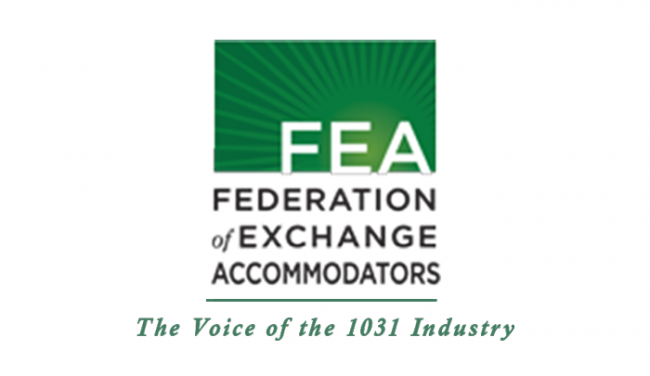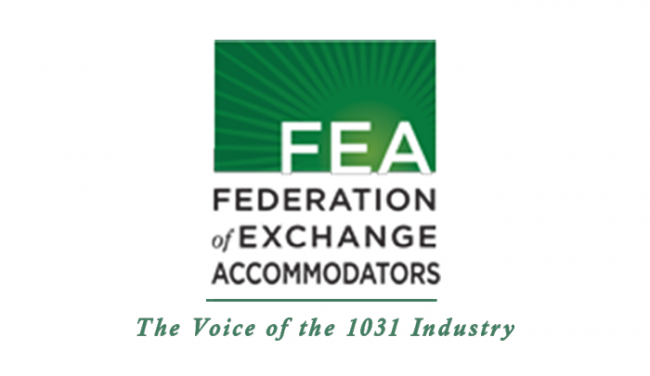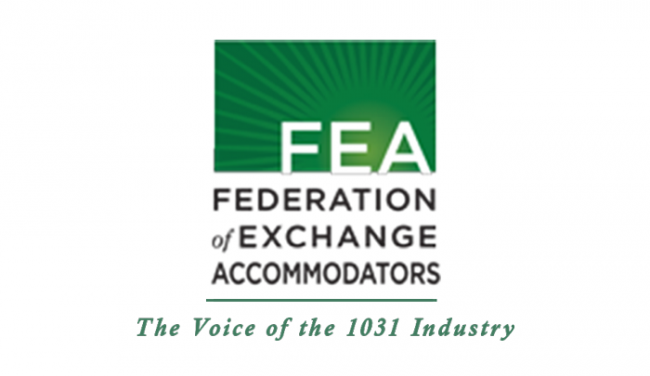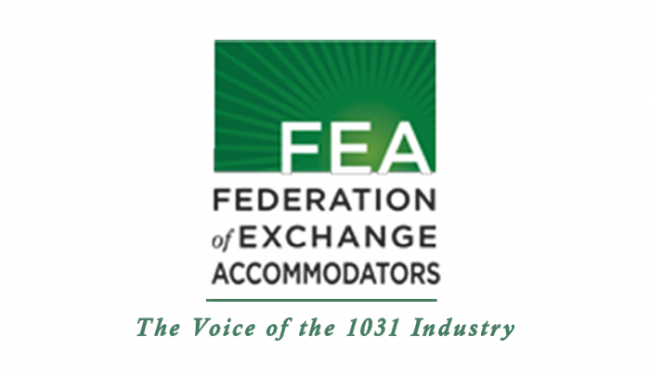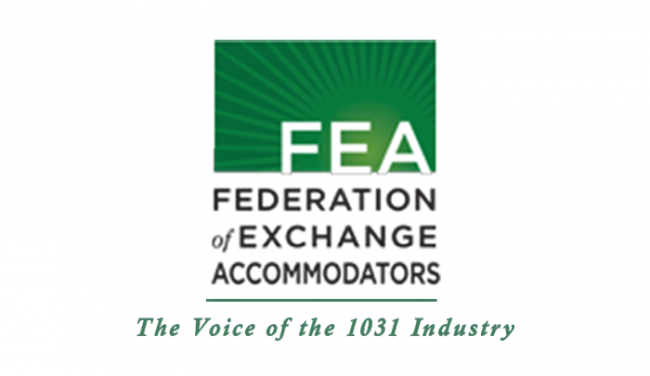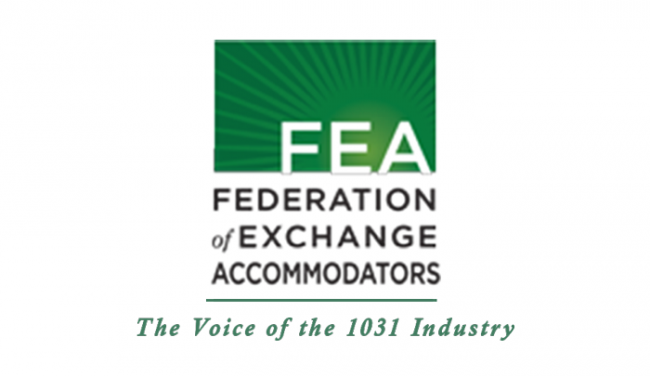Like-kind exchanges provide benefits to sellers of agricultural property under 1031 like-kind exchange. The fact is you can buy any real property such as farm, ranch, apartment complex, commercial building, or rental home used for trade, investment, or businesses purposes. These rules allow agricultural property owners to diversify their investments and grow a wider range of assets. Without 1031 tax deferred exchange, agricultural property owners will be held responsible for paying taxes on the property being sold, even if they reinvest and purchase new property.
What can Agricultural Property Owners Exchange with 1031?
Agricultural property owners can exchange labor, chemical, and water intensive land into less management intensive property such as residential or office condominiums. Or they can exchange conservation easements on their ranch land to acquire new property.
For example:
Recently a client sold two easements on his agricultural land. One of the easements restricted his ability to use the wells on his land. This helps keep water in the underground aquifers and permits more water to flow further downstream for other users. The second easement restricted his ability to use chemical fertilizers on his land. The societal benefit here is that fewer chemicals being applied to the land mean fewer chemicals running into the streams, polluted the water, and killing the fish. The cash generated by the sale of the easements was used to acquire a few single-family homes nearby, which will be used as VRBO/Airbnb type rentals.
Time is of the essence when it comes to Selling and Obtaining Real Property
Timing is crucial when it comes to selling and acquiring real property in a Section 1031 gives the seller 180-days to replace their property when exchanging into another real property.
Why am I doing a 1031 tax deferred exchange?
Diversify your portfolio
Rather than having all of your funds locked into one large property, you can reinvest into multiple properties of different asset classes (residential, commercial, retail, etc.).
Rather than having all of your funds locked into one location, you can reinvest across town, or across the country, to take advantage of stronger opportunities.
Spread assets into smaller investments as party of an estate plan.
Upgrade or consolidate your portfolio
Rather than having your investments scattered across the county, consolidate into fewer, larger properties.
For more information, https://www.accruit.com/contact-us”>contact Accruit and subscribe to our https://www.accruit.com/blog/”>blog
